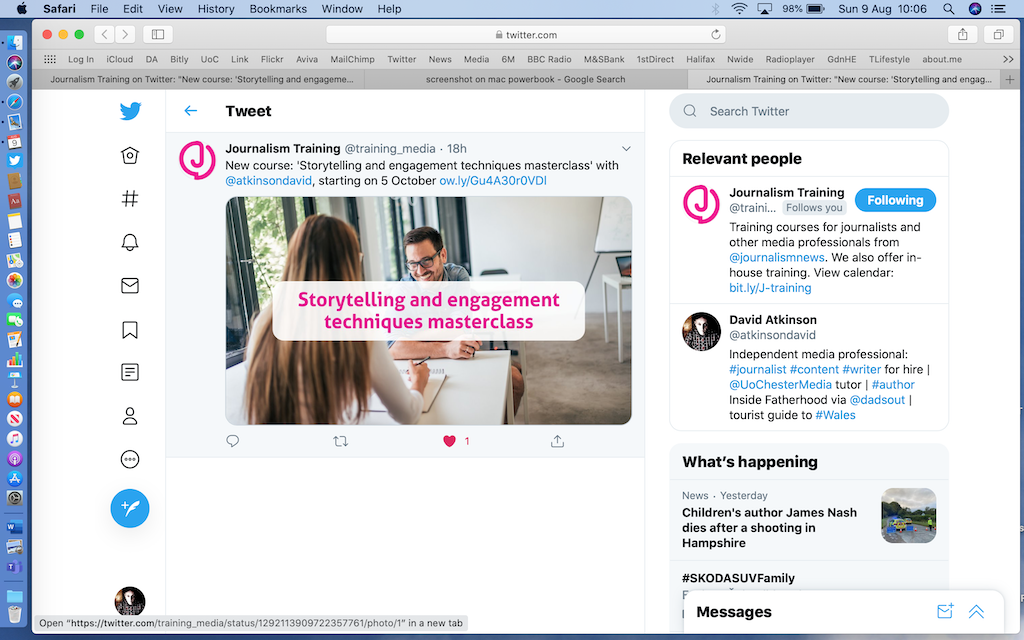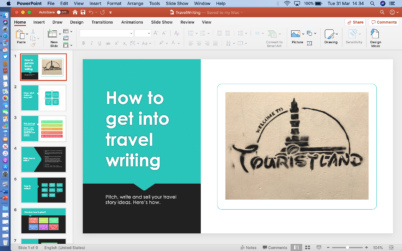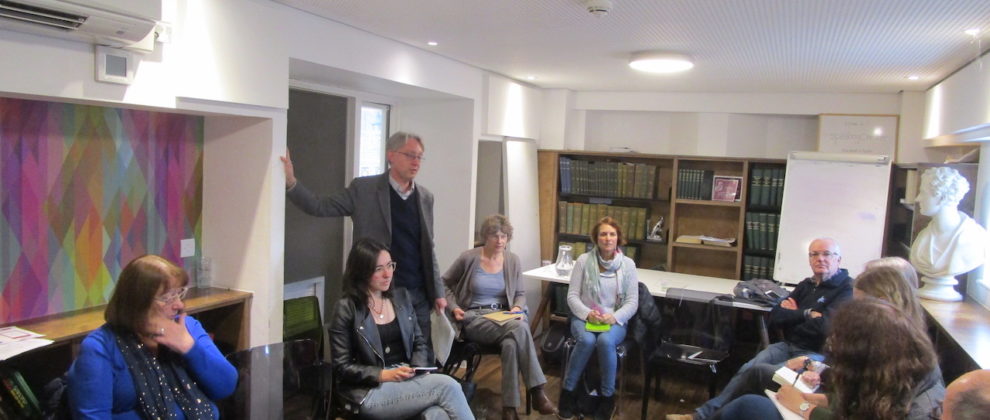My storytelling online course for Journalism.co.uk has completed its first run.
The four students learnt more about the key ideas behind telling your story to engage readers.
Here is some of the feedback from students on the course.
Sarah Farrell said:
“I really loved the course and have some great ideas for structuring features and interviewing from it. Thank you.”
Sarah says the key things she learnt from the course include:
- Different ways of writing the intro
- Handling tough interviews and controlling the interview
- Importance of knowing your reader and how to write for different audiences
Louise Skinner said she had learnt the importance of the following, amongst others:
- Make sure you include the human interest in your story – make use of strong, direct quotes as much as possible.
- Interviews – don’t be afraid to ask probing questions – you should be in control of the interview and steer it in the direction to get the best content for your readers.
- Make sure there’s a hook in your piece – why publish it now?
Read more about my ideas for better storytelling in my guest blog, How simple storytelling techniques can make you a better writer.
- Liked this? Try also How to get into travel writing — via Zoom.
- Sign up to my newsletter for more articles and writing workshops.



